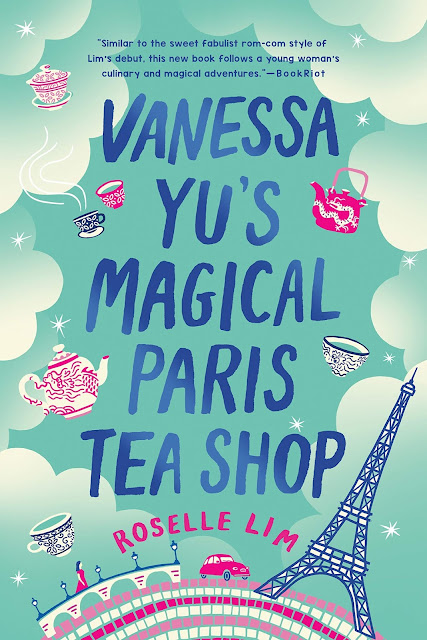Welcome Back, Booklovers!
I'm back with another one to wrap up the month. And what a month August was. So we all know literary fiction is not my strongest point but the Audible 2 for 1 credit sale intrigued me.
And I tend to stay away from fiction that mentions slavery in depth but I'm trying to broaden my book horizons. I think as Black people we are so used to images of pain and suffering being constantly shown to us in the media that after awhile we just get tired and don't want to see anymore. The audiobook format definitely made the early parts of this story easier to digest. Truth be told if I was reading the physical book I may have put it down and never revisited. It was hard listening to the scenes with the lynchings and beatings.
This book though fictional made me sit back and really reflect on how far Black people have come in this country. It was very ambitious having the story consist of vignettes of the lives of different people across multiple generations. There was so much history to cover and at times it felt when you were just getting to really grasp certain characters their story was over and it was on to their descendant.
And as someone who is Black American but not African-American I can say sometimes we don't acknowledge everything Black people in the US went through so that we can live the lives we live today. How the white man went out of his way to rip every little bit of African culture away from away from them in while my people in the Caribbean were able to hold on to pieces of theirs. This year we saw a great recognition for Juneteenth across the country which white people immediately jumped on trying to capitalize upon while Emancipation Day in the Caribbean is a national holiday.
And this book did touch upon the differences in the diaspora. Though my family is not African but West Indian I grew up going to African celebrations with family friends. The scene in the book where Marjorie encountered the African-American girls who made fun of the way she talked and how she had trouble identifying with them. I felt that otherness of you eat food that we don't eat and don't listen to our type of music when I was a child. African-Americans cannot pinpoint a specific country as their country of origin like other Black Americans but at the same time they have records of history within the USA that is easier to access than history in Africa and the Caribbean which requires a lot more research.
Colonial Africa is not usually as discussed as it should be even though Africa is still feeling the repercussions. We usually don't sit down and think about it because media usually only tells the story about US slavery but the people in Africa were struggling too. Black people are a very spiritual people but it's rarely talked about how Christianity was used to brainwash people. How the white invaders who call themselves missionaries look at Africans as the lost souls. Effia and Esi both experience abuse and trauma in their lives despite the different paths their lives take. When it is mentioned that Africans were selling slaves to the white man people don't like to mention the wars that took place between the different groups of people. I was not familiar with cassare before reading this story and seeing how pivotal it was here.
This was a truly well told story that I highly recommend not only to educate yourself further but to remember how far Black people have come.
















